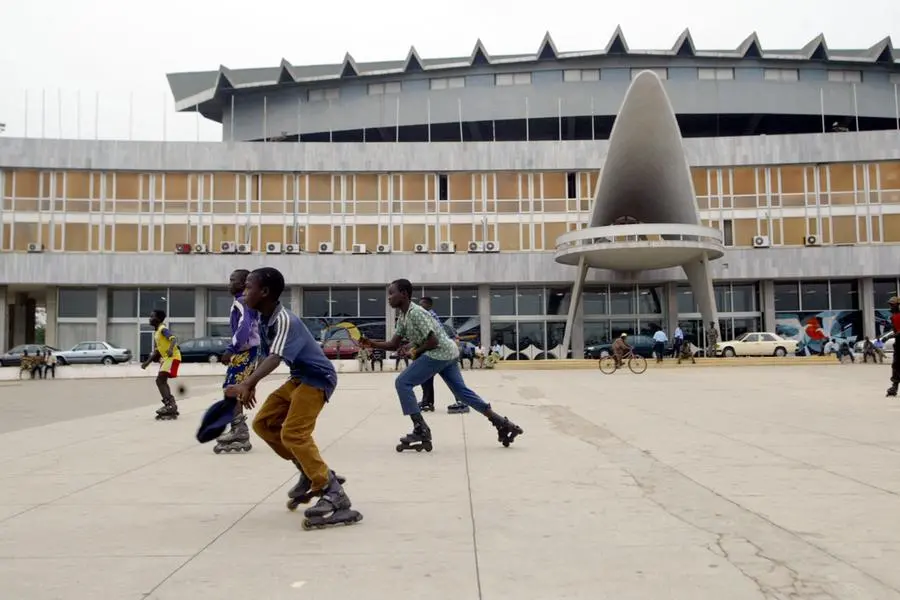PHOTO
Togo's leader Faure Gnassingbe has sent a controversial constitutional reform that would allow lawmakers to elect the president back to parliament for "a second reading", a government minister announced Friday.
Parliament, dominated by Gnassingbe's UNIR party, on Monday adopted the law that would switch Togo from a presidential to a parliamentary system, giving the assembly the power to elect the president for a single six-year term.
But it remains unclear if the term can be renewed, sparking fears of an indefinite rule for Gnassingbe, who succeeded his father General Gnassingbe Eyadema, who had seized power in a coup more than 50 years ago.
Opposition parties in the West African country denounced the move as a power grab by Gnassingbe, in power since 2005, ahead of legislative and regional elections on April 20.
"All things being subject to improvement, and given the interest generated in the population since its adoption, the president today asked the National Assembly president to hold a second reading on the law," government spokeswoman Yawa Kouigan said in a televised address.
Tensions quickly mounted over the constitutional reform, with police this week breaking up an opposition news conference amid a backlash over the change.
Almost 100 university academics, intellectuals, artists, political figures and civil society actors signed an appeal on Friday calling on the population to "mobilise" and reject what they called an abuse of power.
Gnassingbe must "stop the ongoing process for the good of our country", they wrote.
In the streets of the capital Lome, Togolese citizens who spoke to AFP were fiercely divided by the reform.
"They should have held a national consultation to get the people's opinion... it is a constitutional coup," said photographer Claude Vivor.
But lawyer Samir Ouro Sama believed the change could help Togo avert the repeated crises it has suffered following presidential elections contested by the opposition.
Gnassingbe has already been re-elected three times in votes that opposition groups say were marred by irregularities.
"We needed to find a mechanism that would allow us to experiment with something new," Sama said, while acknowledging a "lack of education in the run-up to this reform".
- Tensions rising -
The editor of a Togolese newspaper was also arrested on Thursday, as media watchdogs warned of a press clampdown ahead of the coming elections.
Sources in Washington told AFP that US government officials have asked Gnassingbe to ensure that "the current situation is settled peacefully and democratically".
On Tuesday, the Togo Bishops' Conference called on the president to delay promulgating the new constitution and start "an inclusive political dialogue".
In 2019, members of parliament revised the constitution to limit presidential terms to two, but it did not apply retrospectively, leaving Gnassingbe free to stand for the next two elections.





















